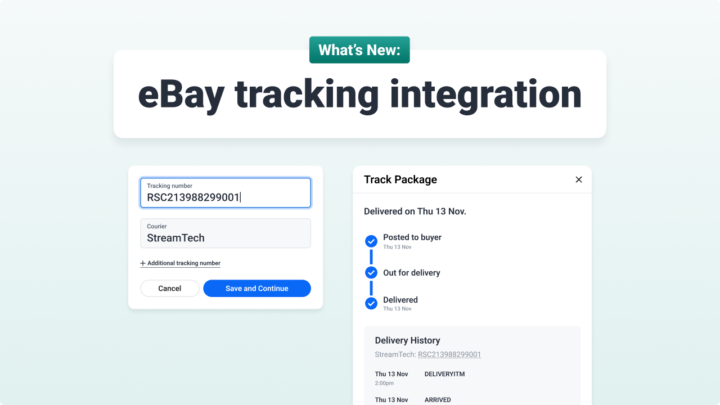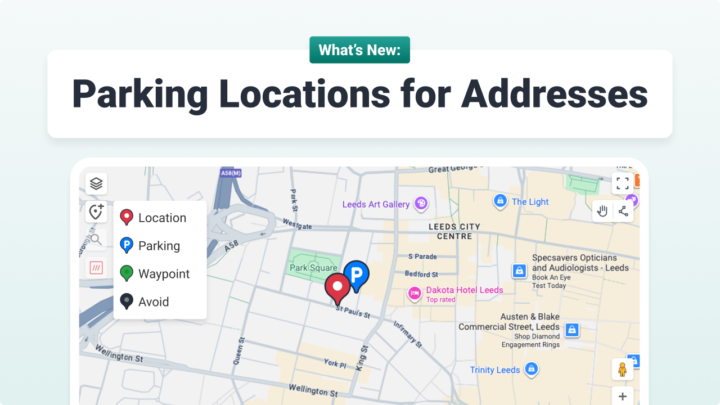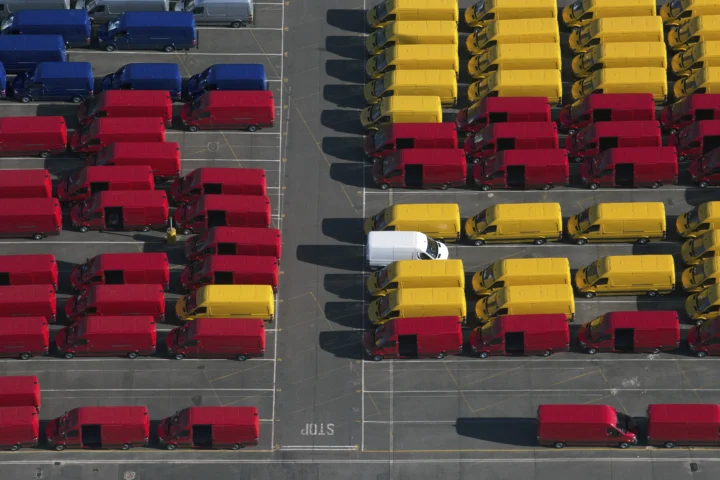2021 Update
New laws relating to vans and light goods vehicles transporting goods between the UK and EU have been announced by the DfT (Department for Transport).
The rules will come into place from early in 2022 and will apply to all UK individuals and businesses operating goods vehicles to, from and between EU countries.
The DfT is now seeking input from operators on the changes being made and adopted as part of the EU-UK Trade and Cooperation Agreement.
Changes from February 2022
Any haulier operating loaded goods journeys in and between the European Member Statesust share information via the EU’s Internal Market Information System, including details like:
- Operator
- Driver
- Job
- Route taken
- Vehicle used.
Changes from 21 May 2022
Goods vehicles operators (2.5-3.5 tonnes in weight, either alone or when used with a trailer) that travel abroad on commercial journeys for hire and reward, must hold a Standard International Operator Licence. According to the DfT, obtaining an operator licence requires you to:
- Have a transport manager working in the business
- Provide information about the company’s financial situation and operating base in the UK
- Demonstrate that your vehicles are well maintained
- Pay £658 to apply for and be issued the licence
- Pay £401 every 5 years to keep your licence
Failure to comply risks fines and other punitive measures in the European Union.
You can give any views and evidence by 24 August 2021.
News, opinions and predictions on Brexit are changing almost hourly. Whichever side you come down on, the uncertainties surrounding Brexit are a concern. For organisations making deliveries and collections in Europe, the unpredictability can be worrying.
While we can’t predict the future, we are able to share with you the latest Government guidelines for post-Brexit driving in the EU.
The guidelines were first released in October by the DfT (Department for Transport), DVLA (Driver and Vehicle Licensing Agency) and DVSA (Driver and Vehicle Standards Agency). At the time of writing, they were last updated on 12th March, in preparation for the 29th March.
Commercial vehicle operators & Brexit
Vehicles
Registration documents
The guidelines tell drivers to continue carrying vehicle registration documents when driving abroad. These documents can be the vehicle log book (V5C) or a VE103, for hired vehicles.
Number plates & national identifiers
When driving UK-registered vehicles internationally, you should display a GB sign. This will continue to be the case after Brexit. The guidelines recommend displaying a GB identifier:
“irrespective of whether you currently have a number plate which includes the GB identifier“
Trailer registration
After 28th March 2019, some trailers must be registered with the DVLA before travel in most EU EEA and European countries. Commercial trailers weighing over 750kg (and all trailers weighing over 3,500kg, whether commercial or not) must be registered. Commercial trailers up to 750kg can also be registered on a voluntary basis.
Registered vehicles driving outside the UK must:
“display their own registration plate (separate from the vehicle towing them) [and] be able to present the Trailer Registration Certificate to a foreign authority on request”
Drivers
Drivers licences & documentation
Whatever the final outcome, UK drivers will likely need different permits when travelling in the EU. Government documentation advises:
“From 28 March 2019, drivers from the UK may need a different international driving permit (IDP) to drive abroad. If the UK leaves the EU without a deal, UK drivers may also need an IDP and extra documentation to drive in the EU and EEA.”
“On 28 March 2019, the type of international driving permit (IDP) that some countries outside the EU and EEA recognise will change. From 29 March 2019, in the event that there is no EU Exit deal, you may need an IDP in addition to your UK driving licence to drive when visiting EU and EEA countries.”
“If you hold a UK driving licence you will not need an IDP to drive when visiting Ireland from 29 March 2019”
This means that, whatever the outcome, drivers will likely need a different international driving permit (IDP)to drive abroad in the EU and EEA. They may need extra documentation too. Additionally, some countries outside the EU and EEA may also require a different type of IDP for UK drivers.
Drivers with a UK licence will probably not, however, need an IDP to drive in Ireland.
Commercial drivers
Community licences & ECMT permits
At the moment, UK HGV drivers must have a standard international operator’s licence and a community licence to undertake journeys to, from or through the EU and EEA. This does not apply to vehicles under 3.5 tonnes, or to non-commercial journeys (drivers operating on their own account & carrying their own goods).
The Brexit guidelines for commercial HGV drivers state that in the case of a no EU Exit deal:
“The European Commission has proposed steps to allow UK hauliers to continue transporting goods into the EU and EEA without permits until 31 December 2019. The UK government now expects most operators will not need an ECMT permit to do most types of business in the EU”
This would mean that UK operators only need ECMT permits to travel through the EU to non-EU countries.
Driver CPC
Commercial HGV drivers are required to have a Driver Certificate of Professional Competence (CPC) qualification, for driving in the EU and EEA.
After Brexit, the UK will continue to recognise Driver CPC qualifications from EU countries. EU countries, however, may not recognise UK-issued Driver CPC qualifications.
Drivers planning to continue driving through EU or EEA countries after Brexit are advised in the guidelines to:
“exchange their UK Driver CPC for an EU Driver CPC before the UK leaves the EU”
Driving to EU countries
Using the Port of Dover or Eurotunnel to travel to and from EU countries has been a worry for commercial vehicle operators.
The guidelines state that:
“There are contingency plans to manage freight traffic on the major roads leading to the Port of Dover and Eurotunnel. These plans, activated in times of cross-Channel disruption, are known as Operation Brock. If the UK leaves the EU without a deal, Operation Brock may be activated if there are significant delays at the border between Dover and Calais”.
Delays are likely, so forward planning a checking for updates is essential when routing vehicles into the EU.
We may be in a period of uncertainty and change, but staying informed through official governmental communications is critical to successfully managing your operations through Brexit.



